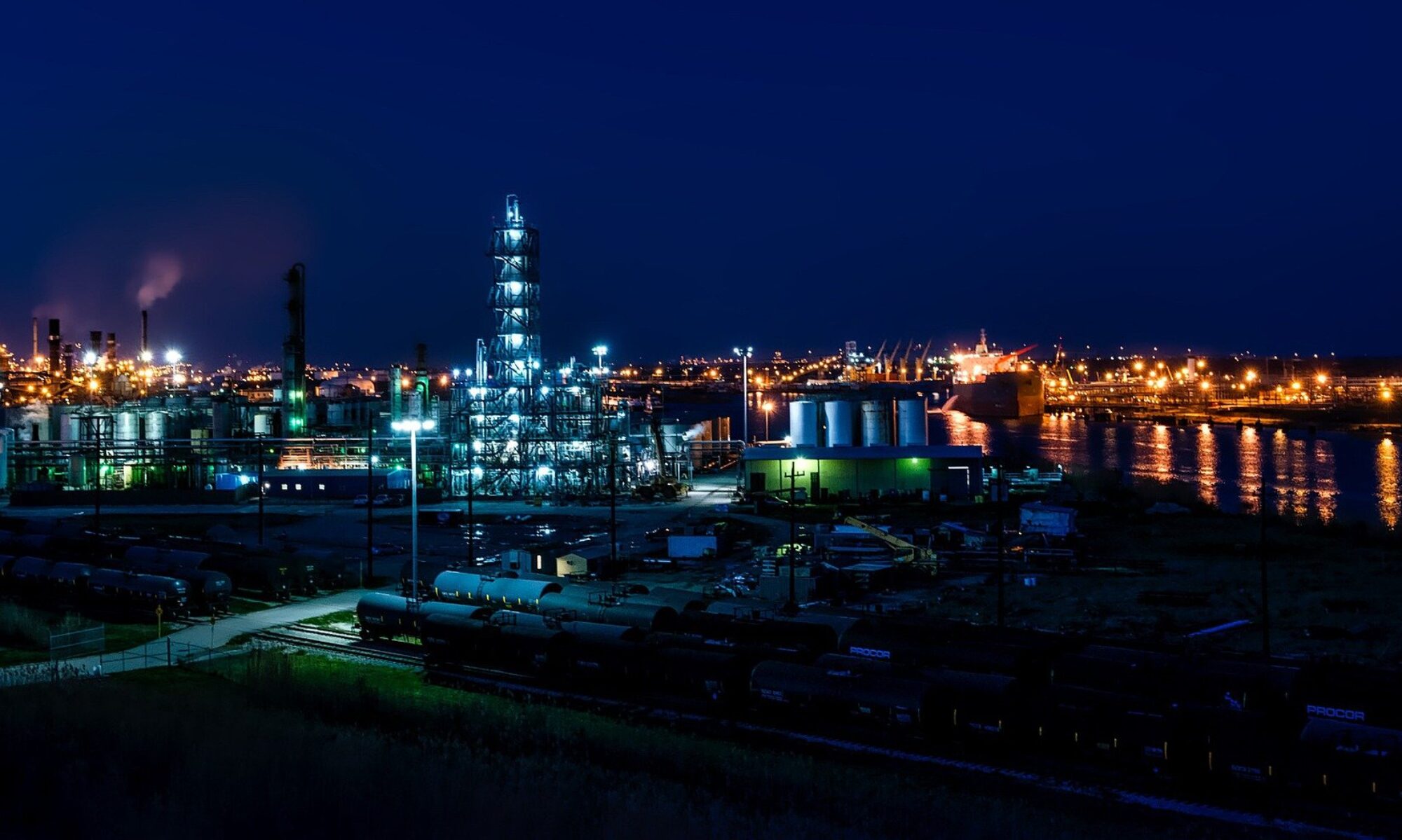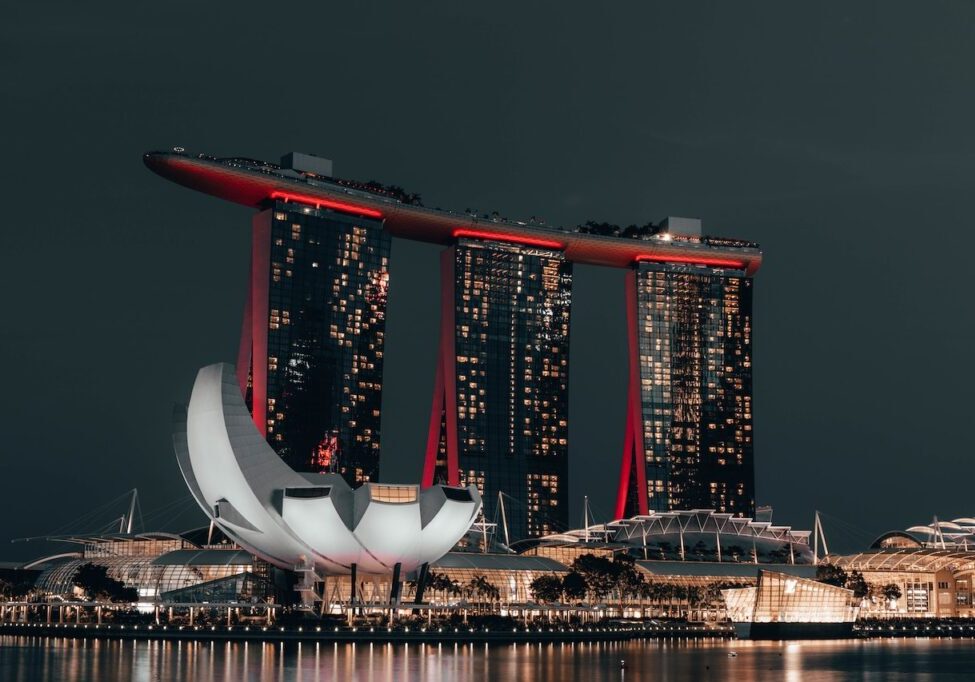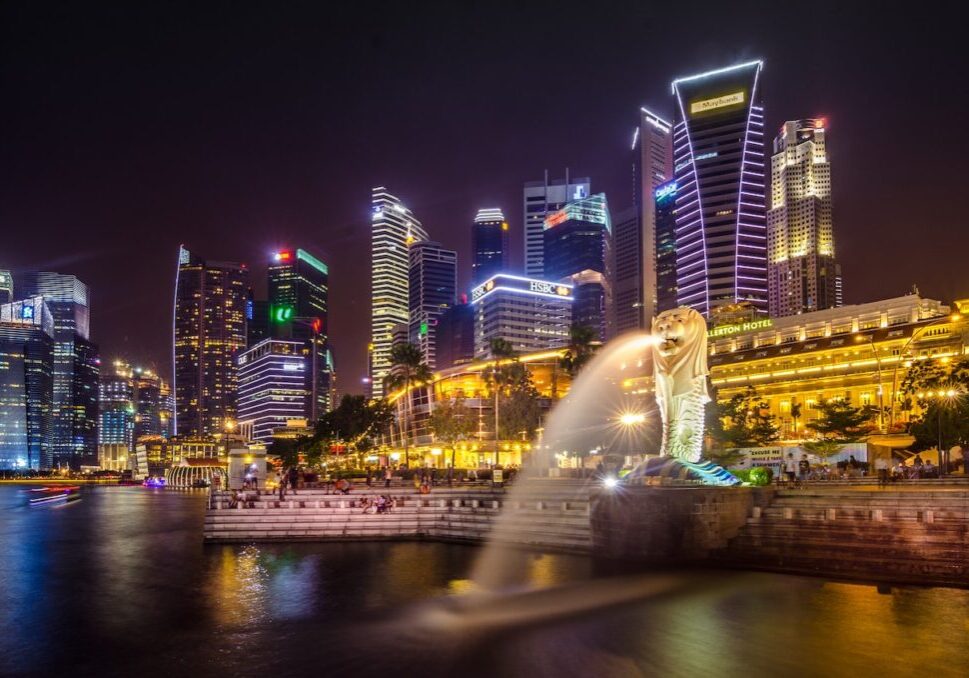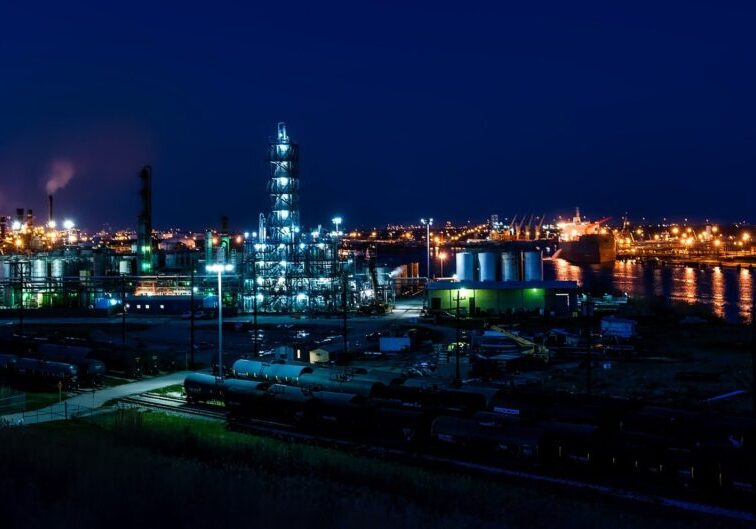The island city-state of Singapore is located in maritime Southeast Asia between the southern tip of Malaysia and the Singapore Strait. The country’s proximity to the Straits of Malacca and the South China Sea, as well as its robust intercontinental trading links, have allowed Singapore to become a key energy trading and refining hub in Asia.
Singapore’s petroleum refining, storage, and distribution infrastructure is key to global energy trade. Jurong Island is home to over 100 international petroleum, petrochemical, and chemical companies. Singapore is a leading manufacturer and operator of advanced floating production, storage, and offloading (FPSOs) conversions and jack-up rigs, which are autonomous offshore drilling rigs attached to a barge.
Asia’s Energy Transition
Asia’s energy transition and decarbonisation strategies are determined by two factors: Asia is forecast to be the region with the fastest growth in electricity consumption over our ten-year forecast period (2022-31); and it is the most reliant region on coal for its power generation. The combination of these two factors makes it challenging for governments to decarbonise their power sector while satisfying increasing demand for electricity, and without compromising energy security.
This dilemma explains why, despite being the world’s biggest market for renewable energy investment, Asia’s dependency on coal is far from waning. China, India and Indonesia, among other countries in the region, are still approving and building new coal-fired power plants. Furthermore, governments’ bets on coal have only increased since Russia invaded Ukraine earlier this year, intensifying an already acute global crunch in gas supplies.
Energy of Asia
Singapore
The petroleum industry in Singapore is accountable for part of the country's economy, exporting about 68,100,000 tonnes (67,000,000 long tons; 75,100,000 short tons) of oil (as of 2007). Singapore is dubbed "the undisputed oil hub in Asia.
Singapore is described as "the undisputed oil hub in Asia". The oil industry is responsible for some five percent of the country's gross domestic product (GDP).It generated an estimated S$57 billion dollars in 2009. Technology used for oil refinement and trading centres in Singapore is on the cutting edge, and many well-established petroleum businesses, such as Exxon Mobil and Lanxess, are based in Singapore, owing to the country's "safe environment" and ideal trading location.
As a global financial hub, Singapore provides for 25 per cent to 35 per cent of commodities trading in Asia, according to International Enterprise Singapore, a government agency. It is also Asia’s largest physical oil trading hub. Additionally, it is home to the world’s largest bunkering port and the world's two largest oil rig builders SembCorp Marine and Keppel Corporation. Singapore traded 21% of the world market of more than 213 million metric tons of bunker fuel in 2019.
Reigning supreme as the world’s top shipping centre for the sixth year running (beating the likes of Hong Kong, London, Shanghai and Dubai), Singapore is cementing its status as the ‘undisputed Oil hub in Asia’ and leading the way in the Oil & Gas industry.




